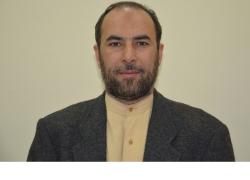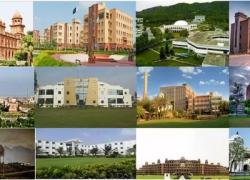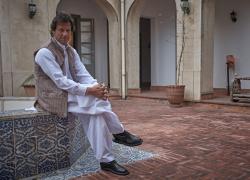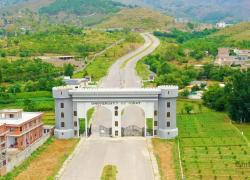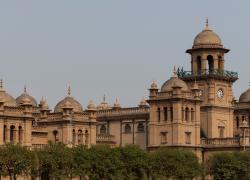The role of social media: A dangerous game of misinformation
The PTI Chairman, Imran Khan in his maiden speech as PM enunciated, “Today is the age of social media. You should speak. You should keep an eye on us”. This is what he stated while referring to the efficacy of social media in guiding, correcting and counterbalancing the overall government policies. He went on to articulate that it was the collective responsibility of the entire nation to help him halting misuse of taxpayers’ money and curbing money laundering.
Implications
Social media, an exciting thing, emerged as a strong force of change, having serious implications. Being immensely powerful, it has traversed national, regional and international borders. It has assumed a critically important role for its uncontrolled sharing of misinformation. From politics to judiciary, from local government to global power politics, from economy to international trade from religion to sports, social media has been impinging upon the life of common man, across the globe.
On the global skyline, the story of Russian involvement in US election resonated through the window of social media in the US power corridors as it was revealed in 2016 that the articles cooked up by Russian propagandists were popularized on the social media storming international political landscape. On a local stratum, it was particularly, fascinating to see Pashtun Tahafuz Moment (PTM) making an effective use of the social media platform damning state policies despite the fact that its coverage has been banned on all other media outlets across the country facing the brunt of stringent government restrictions and widespread state censorship. It has, undoubtedly, played a defining role in the PTI success in the recent election, being the first political party to use the social media platform to its best advantage.
A dangerous game
The grievous role of social media is beyond one’s imagination as it is fastly, turning out to be a part of the problem than the solution. The worrisome part of the story is that the unbridled information circulating on the social media is largely unverified, unauthentic and unreliable. The most treacherous aspect is the knack for posting anything by anyone, anytime, putting a big question mark on the authenticity and veracity of the material shared. Based, purely on personal opinion rather than credible sources, the temptation for cheap popularity results in the viral spread of hateful misinformation and fake news across the globe, on the spur of the moment. As a noted Pashto saying goes, “Chy reshtia razi, darogho ba kalee novar kary vee” which means, the lie would have done the damage, prior to the reaching of the truth, the viral spread of misinformation and fake news in Pakistan has witnessed a new surge in the wake of the new government took over the reins.
Earlier, the episode of nominating a name for the caretaker chief ministership for Punjab was appalling. Putting forward a name and taking it back based on the opinion from social media is highly deplorable. However, the dynamics were absolutely reversed as PTI expelled its newly joined members Farooq Bandial from the party for criminal track record, soon after receiving backlash on the social media. These two case studies offer plentiful of food for thought for PTI decisions makers.
Solution to the problem
The most noetic, logical and reasonable solution to the problem is to count only that information and value only those opinions which can be proved to be true. If Facebook and Whatsapp are to be believed, these social media outlets have recently taken plenty of measures and introduced numerous product changes in order to curb the viral spread of hateful misinformation and to discourage the spread of unverifiable and unauthentic news. Nevertheless, it is yet to be seen as to what extent both the social media giants are successful in their drive, nonetheless, both the platforms play a magnanimous source of fake news and misinformation.
Among the many rumors and fake news making rounds on the Facebook and Whatsapp these days, the one was about the expenditure incurred on oath-taking ceremony of the Prime Minister. Another, the most recent one is about the withdrawal of Rs. 5000 currency notes and design changes in the currency notes of Rs. 50, 100,500, 1000 arousing phenomenal interest. A little probe into this matter revealed that it had no authenticity and the new Finance Minister never talked about the demonetization of currency notes since he assumed charge of his office last week. Besides, the State Bank of Pakistan had to clarify the smog, the other day. Very recently, the issue of the paper leakage of ETEA Test for admission in medical and dental colleges in Khyber Pakhtunkhwa has surfaced through the platform of social media breeding a terrible mess and a huge panic not only among the students but also their parents.
A word of advice
As a word of advice for the PTI core team to keep an eye on what is factual and what is fake and the decision on any matter of minuscule significance let alone national policies should be based on the detailed analysis of information, consultation and proper homework and not based on unauthentic social media reports.
In fact, social media proved itself as a double-edged sword, at its best, offering unprecedented opportunities for marginalized people to speak and to be heard and at its worst, the above mentioned Pasto proverb holds much water as it offers immense opportunity and unfathomable temptation for content sharing in collective outrage, without reflection.


